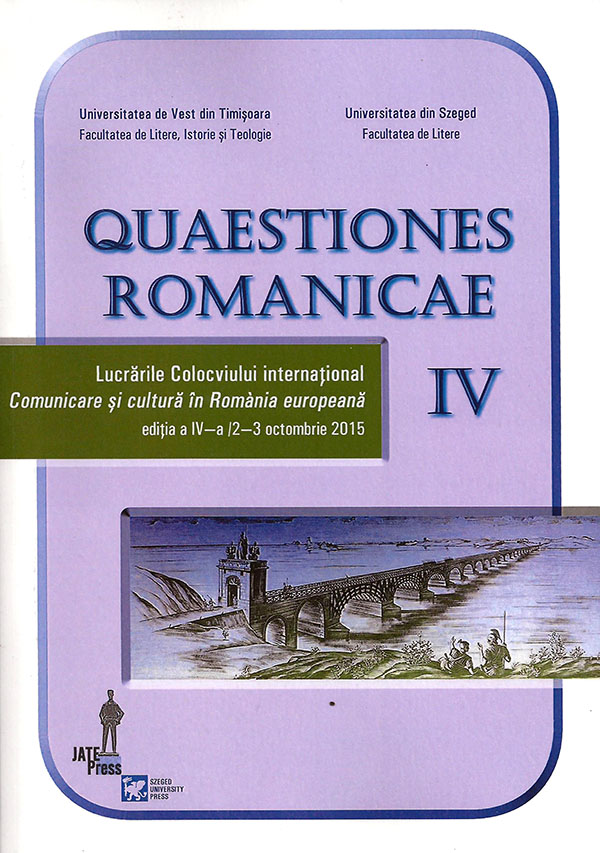“Follia” di un personaggio, “follia” di un autore. Alcune osservazioni su Ariosto e Tasso
Abstract: ("Madness" of a character, "madness" of an author. Some observations of Ariosto and Tasso). Beginning with the Renaissance period, the folly becomes a topic evermore tackled and diffuse, which causes distress not only to the literary characters, but rather it becomes the tragic agony and stigma of the very life of certain authors. For this reason, on the one hand, our analysis intends on illustrating the amorous folly of Ariosto’s Orlando - that distinguishes man’s intrinsic brutality in his violent, yet reversible display; on the other hand, however, it intends on highlighting the deep mental imbalance which Tasso has to confront, and which is transformed into a material and spiritual incarceration, as it’s deduced by his numerous letters. Our intervention also focuses on the great realistic and representative potential of the descriptions in both authors, as well as on the unequivocal contacts established with the scientific terminology of the medical treatises.
Keywords: folly, love, “melancholic humour”, incarceration, Counter-Reformation.
Riassunto: La follia diventa, a partire dal Rinascimento, un tema sempre più affrontato e diffuso, che non affligge soltanto i personaggi letterari, ma diventa il tragico tormento e marchio della vita stessa di alcuni autori. Perciò la nostra analisi intende, da un lato, illustrare la pazzia amorosa dell’Orlando ariostesco, che fa intravedere la bestialità insita nell’uomo nella sua violenta eppur reversibile manifestazione, e, dall’altro, evidenzia il profondo squilibrio mentale con cui si confronta Tasso, e il quale si trasforma in una prigionia materiale e spirituale, così come si evince dalle lettere del suo vastissimo epistolario. Il nostro intervento si concentra, inoltre, tanto sulla grande potenzialità realistica ed icastica delle descrizioni offerte dai due autori, quanto sui contatti inevoquabili che si stabiliscono con la terminologia scientifica dei trattati medici.
Parole-chiave: follia, amore, umore malinconico, prigione, Controriforma.
